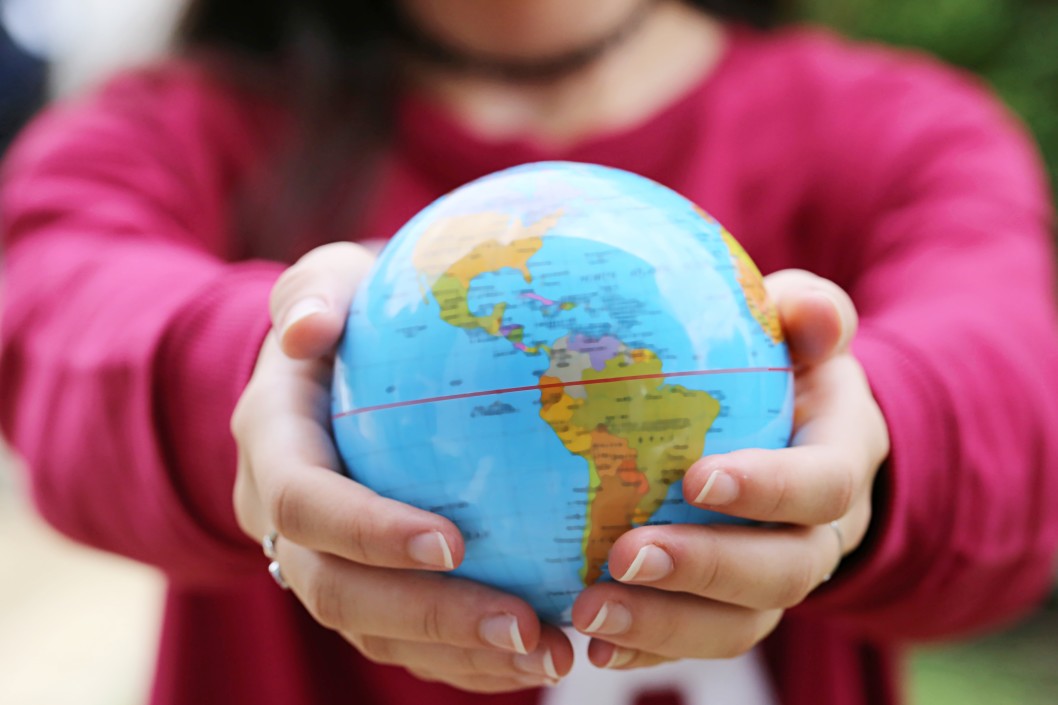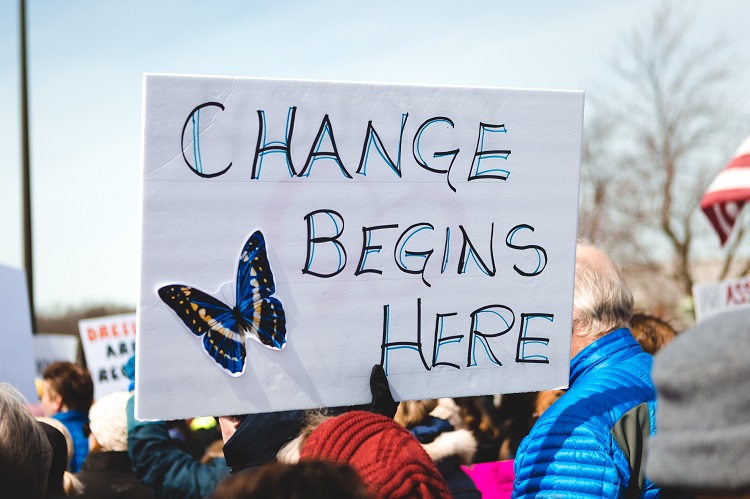The number of Americans with smartphones has increased dramatically in recent years. A Pew Research survey shows that 81 percent of Americans now own smartphones, compared to only 35 percent in 2011. The increase in smartphone usage correlates with another more frightening statistic: American rates of loneliness have also been growing over the past decade. In a 2020 survey, 61 percent of Americans reported that they were lonely. And that was before a worldwide pandemic severed people’s remaining social interaction. Bombarded with various forms of digital togetherness, 2020 could be the best year to leave behind the tiny computers in our pockets and get a phone designed with one purpose in mind: connection.
Social media is designed to further increase polarization with algorithms crafted to put us in personalized echo chambers. Unfortunately, having a more ideologically diverse feed isn’t enough. Exposure to opposing views on social media can actually increase feelings of polarization, especially among right-leaning Americans. This could be due to the detachment we experience when interacting with other people online. Instead of seeing our colleagues, friends, and family members, we see digital icons reduced to their ideological leanings. The simple shift from public feed to private message can increase the humanity of the person on the other side of the screen. Even a phone call can increase civility. Ultimately, the most productive medium for political dialogue is face-to-face.
It is not enough to get rid of our social media. The time we have dedicated to scrolling through videos of cute animals ought instead to be filled with intentional interactions with others. We are not simply disconnected; we have been misconnected to technology in place of our communities. Taking a step back from our smartphones and social media could be the only way we move forward—and closer to one another.
It is not that social media causes us to be lonely; rather, it keeps us away from the things we need to come closer together. In a recent study by Ryan Streeter and Daniel A. Cox, the authors found that social media and technology are not the direct cause of higher rates of loneliness among millennials. Young people are generally lonelier than their older counterparts are. According to Streeter and Cox, loneliness decreases when people are connected through marriage, religion, and geographical ties to their communities. Loneliness in America may not be caused by increased screen time, but the effects of social media can still be a barrier to making the meaningful connections needed to end loneliness.
Although setting boundaries on our time spent with technology is hard—especially when it seems like the only way to be social right now—it is necessary for our individual, communal, and political health. When social media is designed to trigger the addiction hormones in our brains, deleting it from our phones is not enough. You cannot get clean while carrying around your dealer in your pocket. Choosing to use a basic phone in 2020 may seem counterintuitive, but it could also be the essential next step.
Social media has allowed our phones to become an end in themselves and not a means by which we connect with our communities. Where a smartphone is a minefield of distraction, a basic phone provides a line by which we can reach others directly and meaningfully. While social distancing has become the official slogan of 2020, connecting and not browsing is essential. Instead of posting, we should be turning to direct forms of communication such as making a phone call or sending a text message. It is time to step back from our smartphones and turn toward something that connects you to people you are physically distant from, instead of something designed to distract you.



